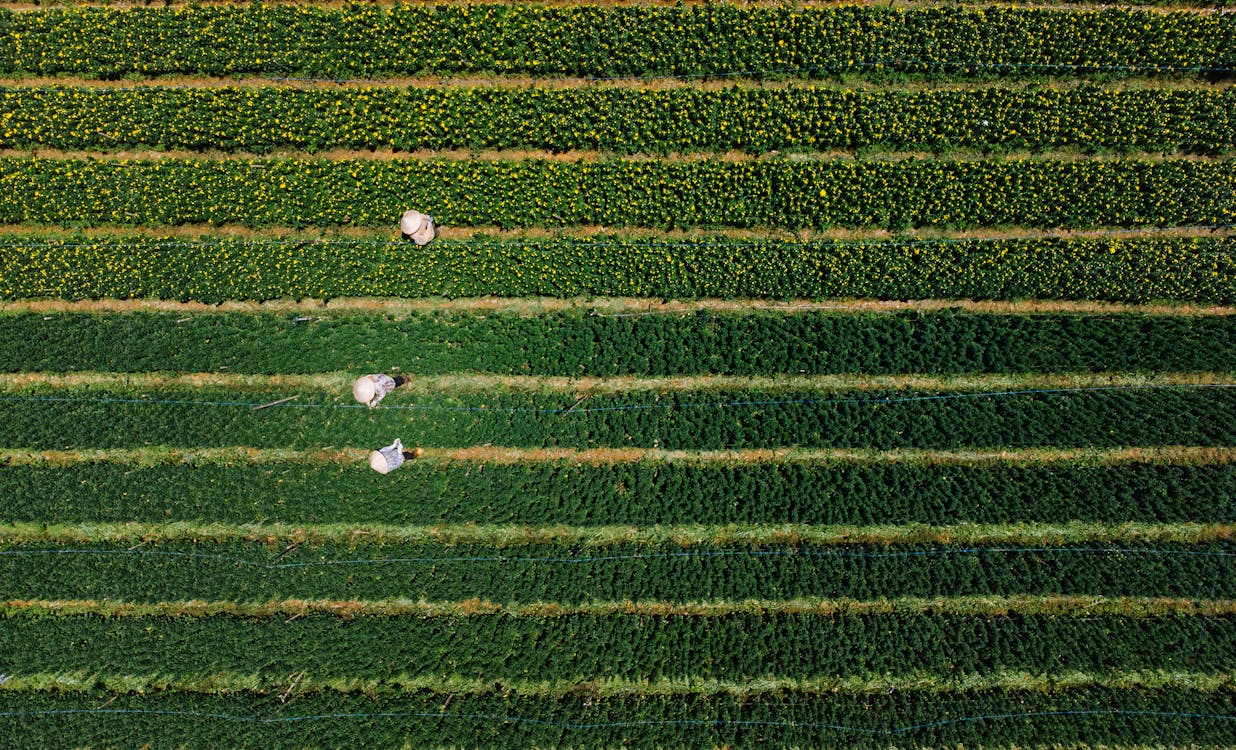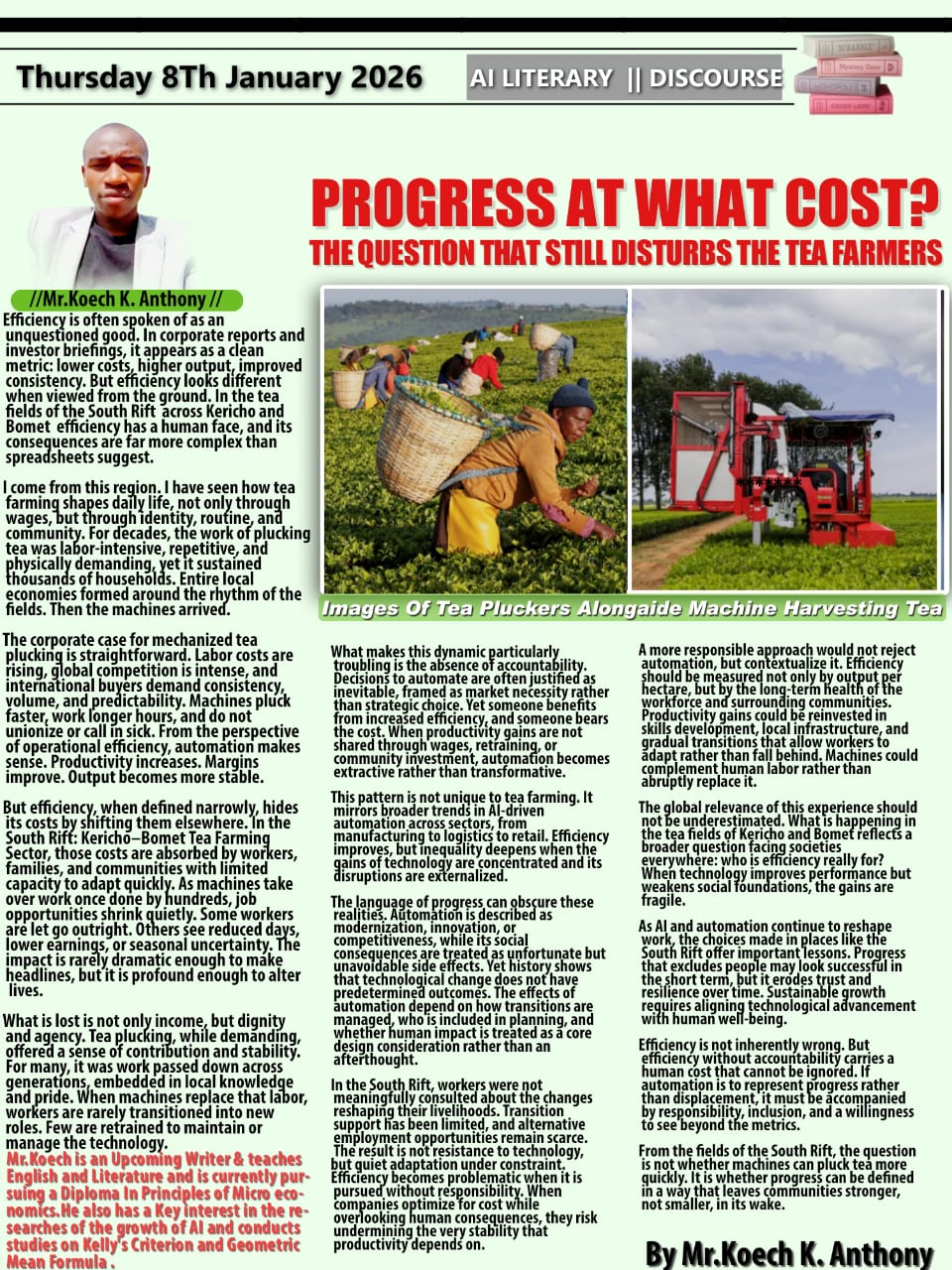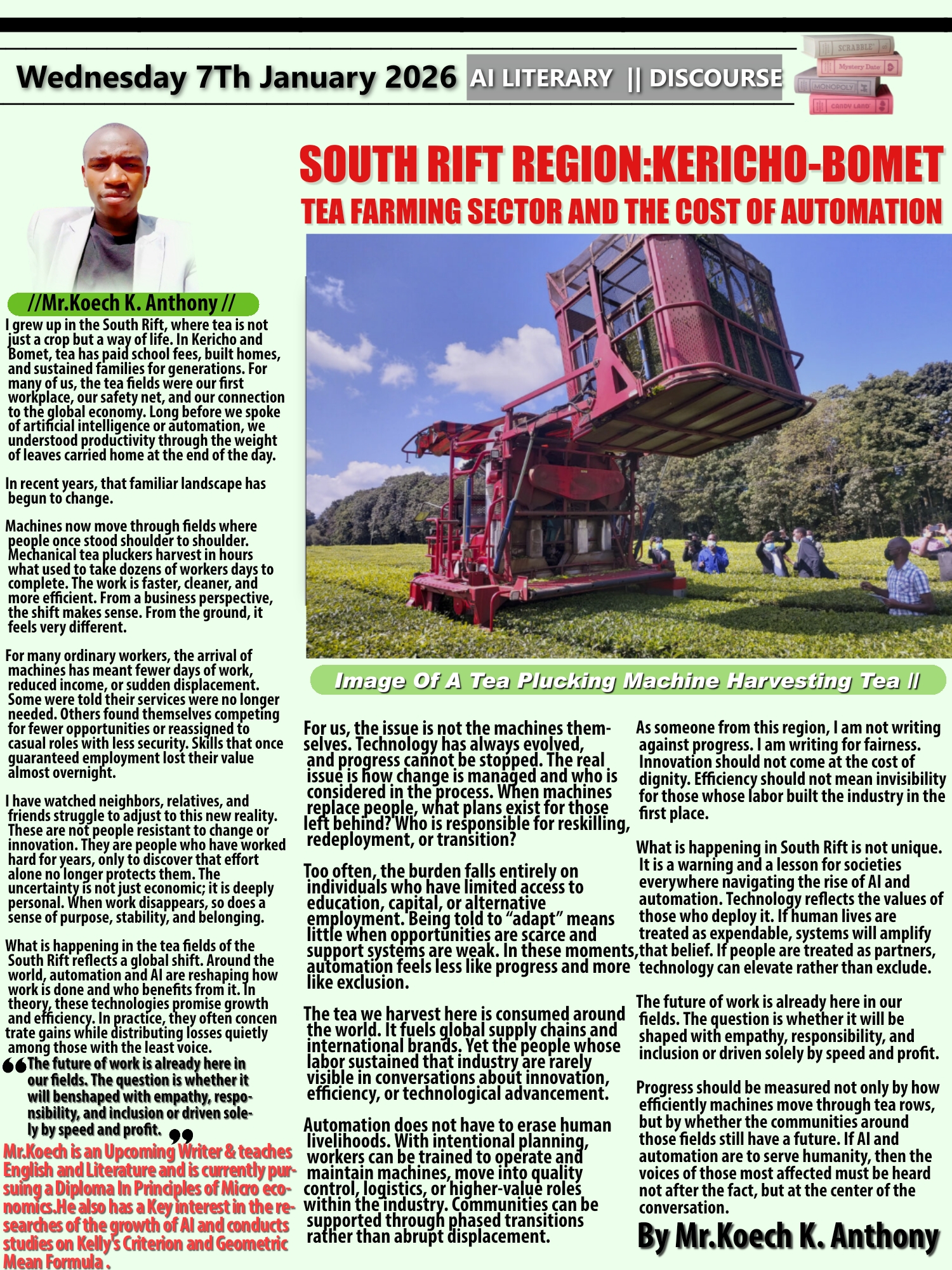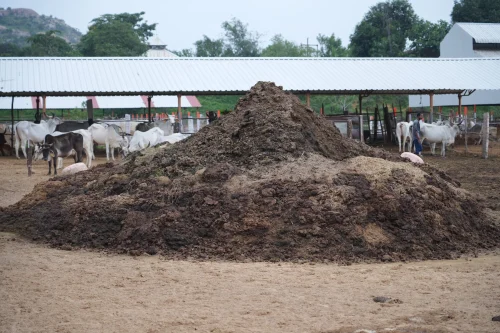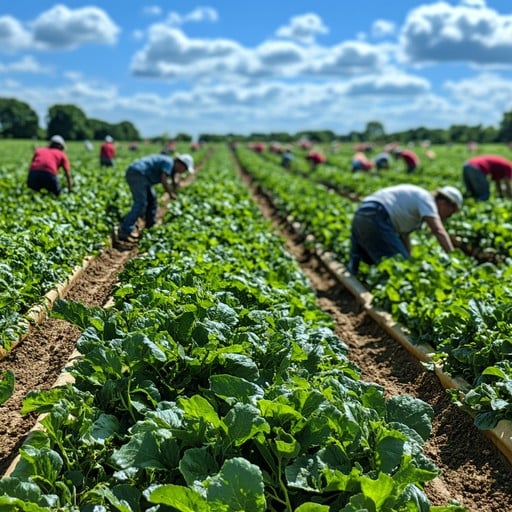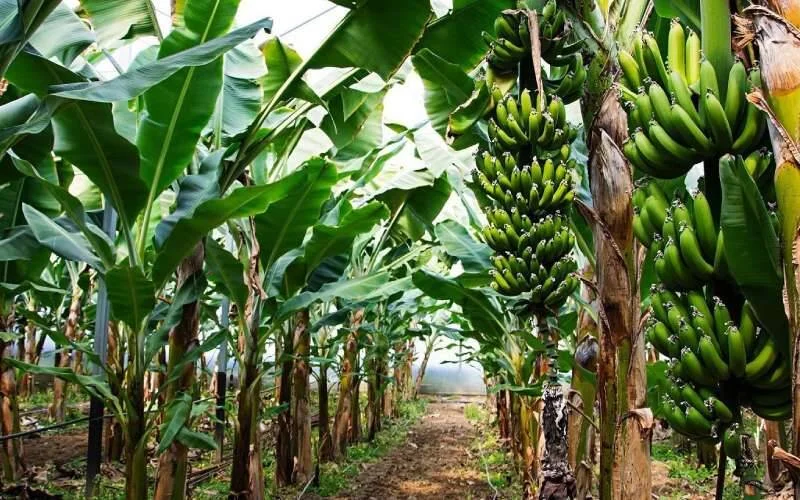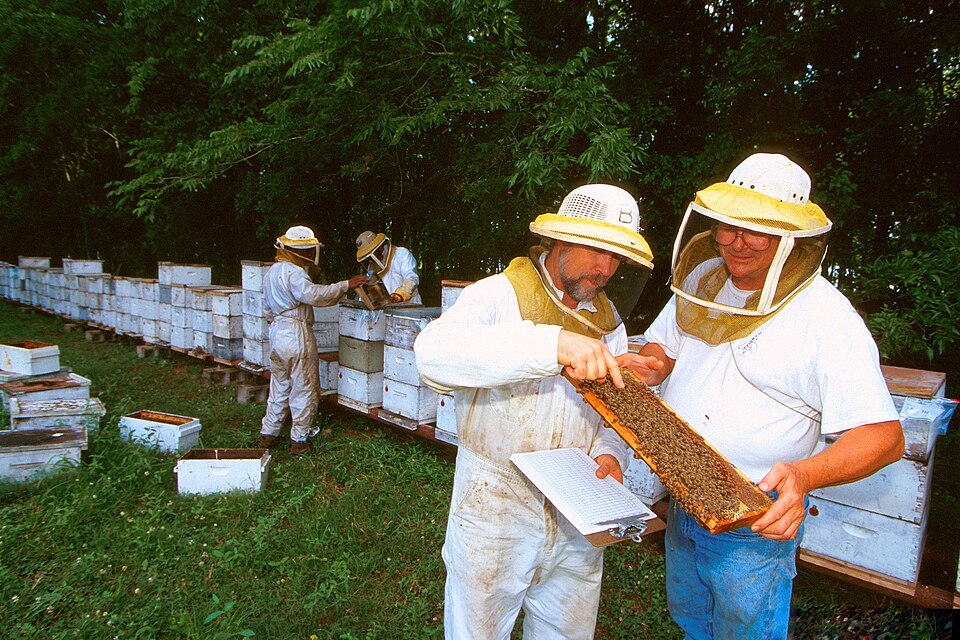For decades, farming in Kenya was considered “dirty work” or a last resort for those without white-collar jobs. But today, a new generation of agripreneurs is rewriting that narrative. Armed with technology, innovation, and entrepreneurial zeal, Kenyan youth are transforming agriculture into one of the most promising business ventures of the decade. From smallholder farms in Eldoret to hydroponic setups in Nairobi, farming is no longer just about survival, it’s about scaling profitably and sustainably.
Modern agripreneurs are moving beyond traditional hoes and jembes. Many are embracing precision farming, greenhouse technology, vertical farming, and hydroponics. Apps that monitor soil moisture and drones that spray crops are no longer futuristic they’re already here. This tech-savvy approach reduces risks, maximizes yields, and opens doors to export markets.
Why the Youth Are Driving This Change
- Unemployment Push – With job opportunities shrinking, youth are turning to agribusiness as a self-employment solution.
- Funding Opportunities – Organizations like FAO, ADB, and local banks are creating grant and credit facilities for young farmers.
- Market Demand – Rising urban populations mean a steady demand for food. Youth see farming as not just noble, but profitable.
Take Brian Omondi, a 27-year-old in Kisumu who started with two fish ponds and now supplies tilapia to major hotels. Or Lucy Wambui, who turned her grandmother’s small tomato garden into a greenhouse project that supplies supermarkets across Nairobi. Their stories represent a larger movement where farming is no longer viewed as outdated but as a viable startup venture.
Of course, the road isn’t without hurdles. Young agripreneurs face high initial capital costs, unpredictable weather, and poor infrastructure in rural areas. But these challenges have sparked creative solutions like collective farming groups, digital cooperatives, and climate-smart agriculture.
Kenya’s agripreneurship wave is just beginning. With climate change concerns, global food shortages, and the rise of eco-conscious consumers, young farmers are positioned as key players in both local and international markets. What was once seen as “dirty work” is fast becoming the next gold mine for Kenya’s economy.
Kenya’s agripreneurship wave is just beginning. With climate change concerns, global food shortages, and the rise of eco-conscious consumers, young farmers are positioned as key players in both local and international markets. What was once seen as “dirty work” is fast becoming the next gold mine for Kenya’s economy.
Agripreneurship isn’t just about planting seeds in the soil, it’s about planting ideas, innovation, and resilience. The Kenyan youth are proving that farming is not just a way of life but a path to wealth creation and national development.
